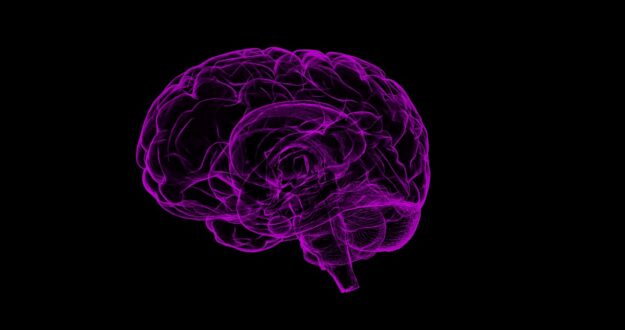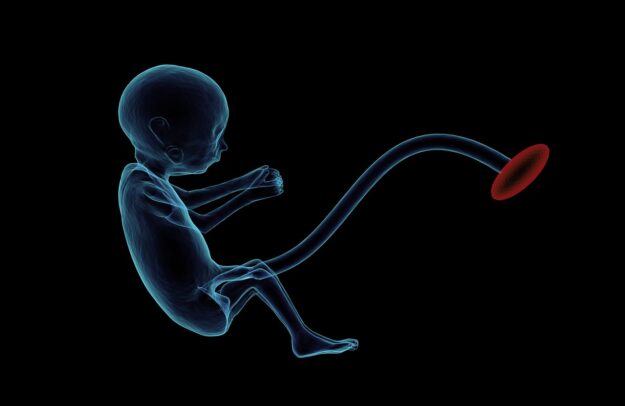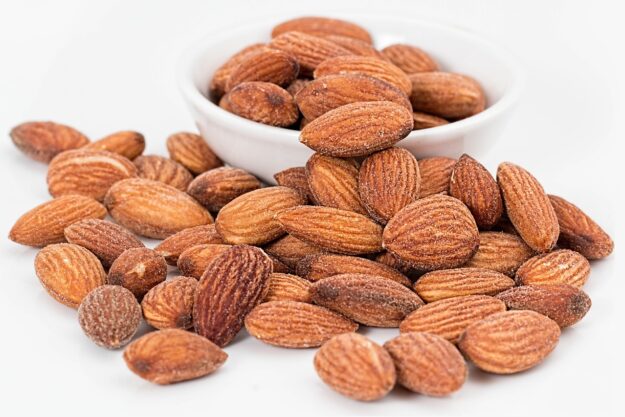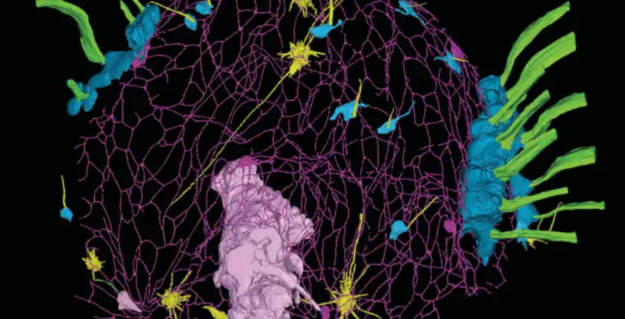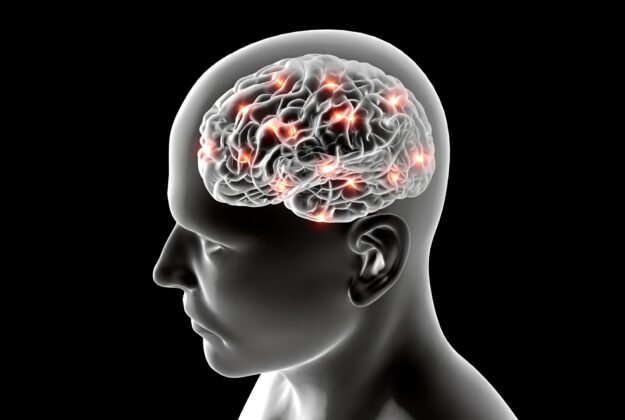The largest ever study of the genetics of the brain by U. Cambridge has identified more than 4,000 genetic variants
The largest ever study of the genetics of the brain – encompassing some 36,000 brain scans – has identified more than 4,000 genetic variants linked to brain structure. The results of the study, led by researchers at the University of Cambridge, are published in Nature Genetics. Our findings can be used to understand how changes…


